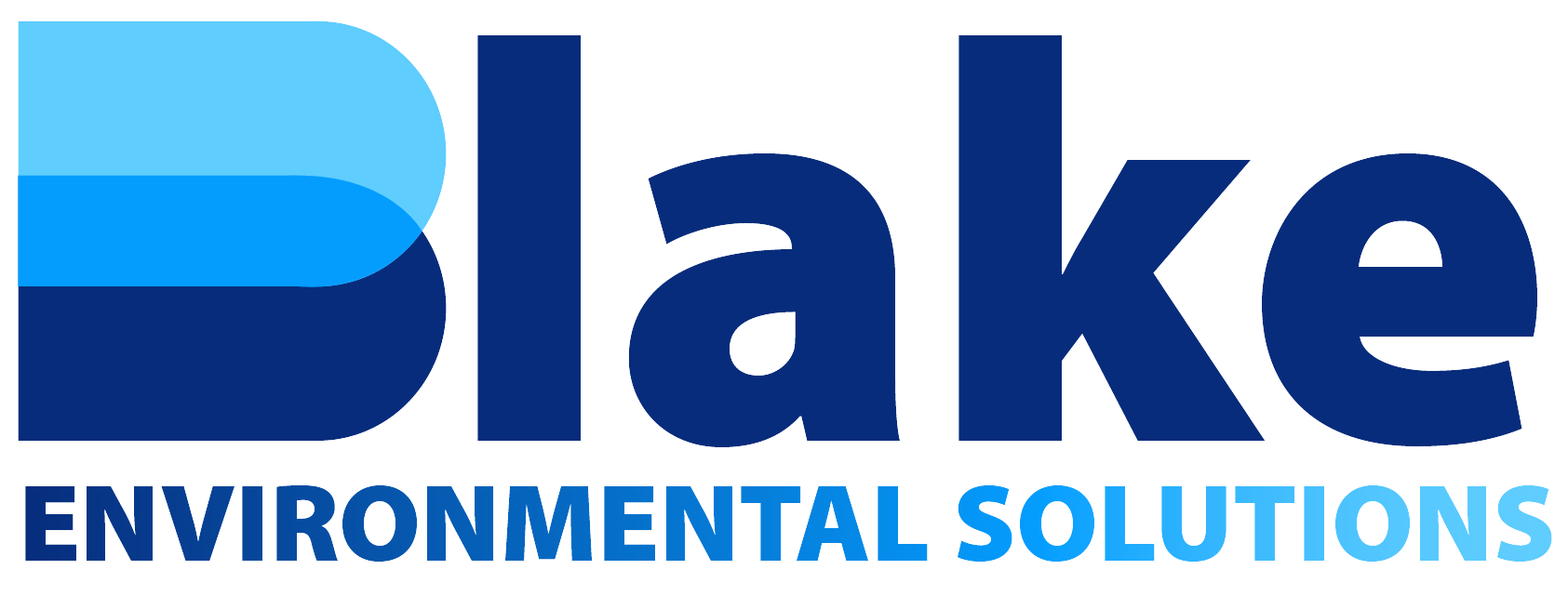Environmental Due Diligence
A Phase I Environmental Site Assessment is a preliminary examination of a parcel to determine if hazardous materials are present prior to purchase or development. This practice is known as limited environmental due diligence as it is intended for use on a voluntary basis to assess the environmental condition of commercial real estate. Blake can evaluate your property to determine if hazardous materials may be present based on past use or whether you need to move forward to a more in-depth assessment.
Limited environmental due diligence is a focused assessment of the environmental risks associated with a particular property, project, or transaction. It typically involves a review of available information and may include site inspections, interviews, and document reviews, but to a lesser extent than a comprehensive environmental due diligence process.
Here are some key aspects of limited environmental due diligence:
- Scope: Limited environmental due diligence focuses on specific environmental concerns or issues relevant to the transaction or project at hand. The scope is narrower compared to a comprehensive environmental due diligence assessment.
- Time and Cost Considerations: Limited environmental due diligence is often chosen when time and budget constraints prevent a more thorough investigation. It allows stakeholders to gather essential information quickly and efficiently.
- Documentation Review: The process typically involves reviewing available documents, such as regulatory records, historical reports, and site assessments, to identify potential environmental risks and liabilities.
- Site Inspections: Limited environmental due diligence may include site visits to visually inspect the property and identify any obvious signs of environmental contamination or hazards.
- Risk Assessment: Based on the information gathered, the assessment aims to identify potential environmental liabilities and risks associated with the property or project.
- Disclosure Requirements: In many cases, limited environmental due diligence may be conducted to meet disclosure requirements for real estate transactions, corporate mergers and acquisitions, or financing arrangements. It helps parties assess and disclose potential environmental liabilities and risks.
- Decision Making: The findings of limited environmental due diligence inform decision-making processes regarding the feasibility of the transaction or project, risk management strategies, and the need for further investigation or mitigation measures.
While limited environmental due diligence provides a more streamlined approach to assessing environmental risks, it may not uncover all potential issues or liabilities associated with a property or project. Therefore, stakeholders should carefully consider the scope and limitations of the assessment and weigh the potential risks and benefits before proceeding with the transaction or project.
